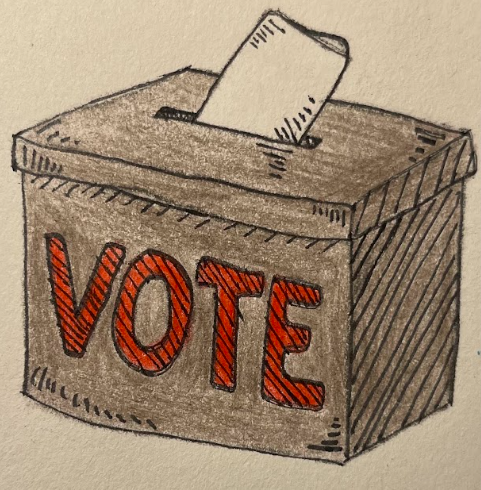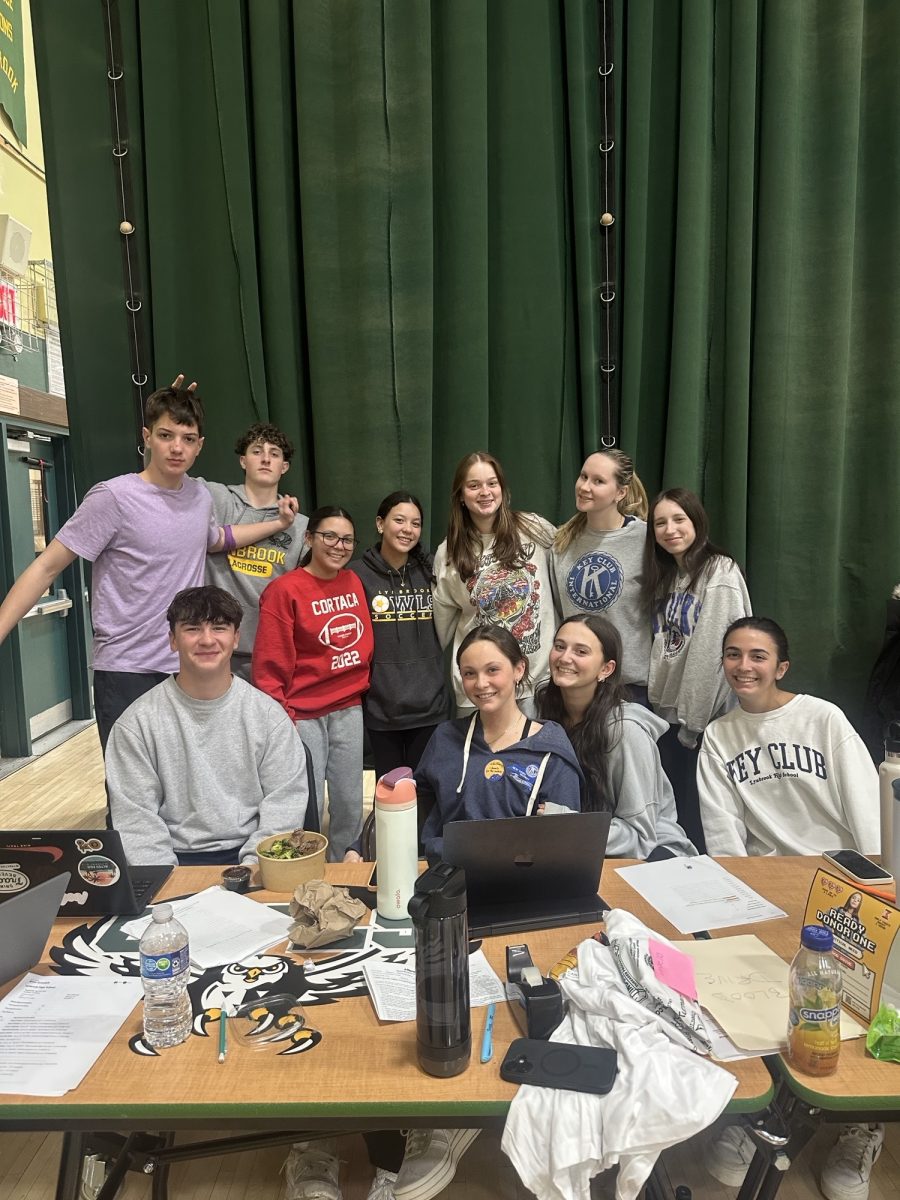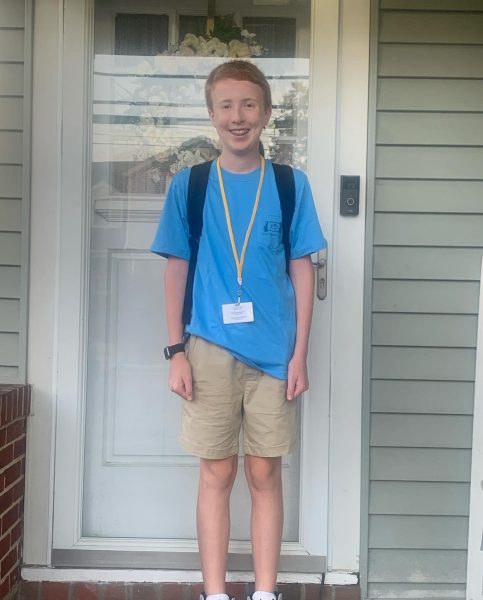
For many high school students, the 2024 election will be the last one in which they are too young to vote. Primary elections are the foundation of the election process because they determine which candidates will represent their respective parties in the general election. Active participation in the primaries directly influences the pool of candidates for the presidential election. Primary races offer voters a chance to understand the policies, leadership qualities, and visions of each candidate.
“I believe the primary elections are important to set the standard of who in each party will be going forth. It gives Americans an ability to start their trust in a candidate,” explained senior Parker Sloan. Freshman Iman Aboud added, “The [primary elections] are the earliest opportunity to have a say in who is nominated for [each] party. The later primaries may not have the same participants.” “I think the primaries are important in most years, with this one being an exception. Since we have two candidates who have dominated at the polls, it’s been an uneventful primary season,” Social Studies teacher John Cornicello expressed.
As many enter their last “non-voting” election year, they may consider tuning into the primaries and learning about becoming an informed and impactful voter. The decisions made in this election directly influence the election in 2028, for which these students will be eligible voters. Even so, many Americans are not aware of the politics currently taking place in the country. Aboud said, “I think people do not pay so much attention because it is still early in the election season, so people are not as interested.” Sloan also mentioned, “People already know who they want to win, and it’s rare that a more popular candidate gets taken down in the primaries.”
The 2024 election has officially kicked off, with the initial votes in the Republican primary being cast in Iowa and New Hampshire. The Republican presidential hopefuls are battling it out in all 50 states to get the number of delegates they need to receive their party’s nomination for president. Each state has a certain number of delegates, and the goal of a primary is to obtain the greatest number of delegates possible. A Republican candidate needs 1,215 delegates to win the nomination while a Democrat needs 1,968.

Some of the Republican presidential candidates for this race were former-President Donald Trump, Florida Governor Ron DeSantis, and former South Carolina Governor and former United Nations Ambassador Nikki Haley. On Monday, Jan. 15, the first votes were cast in Iowa. As the votes started coming in, it was clear that Trump would win the state, which he did, with 51% of the votes; DeSantis came in second with 21.2% of the votes, and Haley came in third with 19.1%.
After the Iowa caucus, many of the candidates turned their attention to the state of New Hampshire. Six days after the Iowa caucus, DeSantis announced through a video on X (formerly Twitter) that he would be suspending his campaign. In this video, he said, “But I cannot ask our supporters to volunteer their time and donate their resources if we do not have a clear path to victory. … Accordingly, today, I am suspending my campaign.” Just 48 hours later, the first votes were cast in the New Hampshire primary. As the first polls closed, the race was too close to call, but as the night went on, the gap between Trump and Haley grew in Trump’s favor.
Later that night, the race was called: Trump had won with 54.3% of the vote, with Haley having received 43.2%. Shortly after the polls closed, Haley made a speech in which she vowed to stay in the race and continue until she is the Republican nominee. The next primary is in South Carolina on Saturday, February 24. Five Thirty Eight’s website (FiveThirtyEight.com), which forecasts elections, shows that Trump is ahead in South Carolina with 65.9% of the vote and Nikki Haley has 31.5% of the vote. After South Carolina, the candidates will continue to campaign across the country.




















